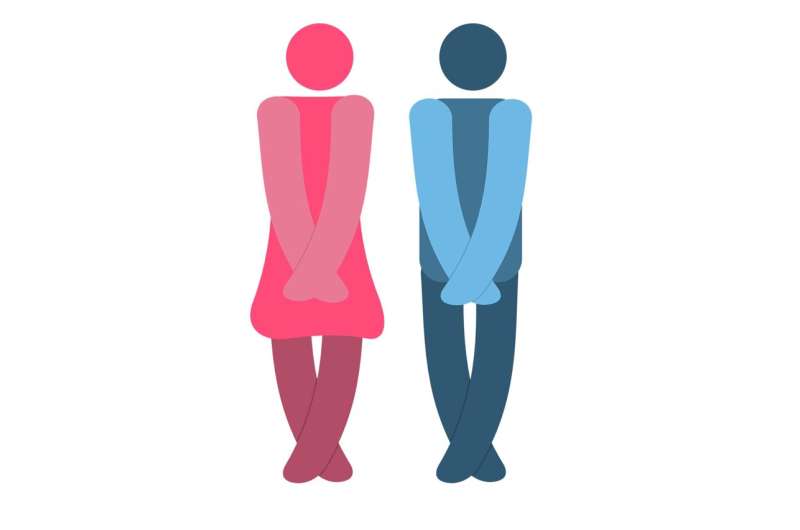Mindfulness and Brain Stimulation Show Promise in Reducing Bladder Leaks

A groundbreaking study finds mindfulness and noninvasive brain stimulation can effectively reduce bladder leaks triggered by environmental cues, offering new hope for those affected by urinary incontinence.
Recent research by the University of Pittsburgh suggests that techniques such as mindfulness training and noninvasive brain stimulation can significantly reduce episodes of bladder leakage triggered by specific environmental cues. This phenomenon, known as latchkey incontinence or situational urgency urinary incontinence, occurs when cues like entering the front door, running water, or passing public restrooms induce a strong urge to urinate, often leading to leaks.
The pilot study, published in the journal Continence, represents the first evaluation of brain-based therapies targeting urinary incontinence. According to senior author Dr. Becky Clarkson, bladder leaks can profoundly impact quality of life, contributing to social isolation and emotional distress, especially among older adults. The study focused on understanding the conditioned responses that cause urgency—similar to Pavlovian conditioning—where certain cues become associated with the need to urinate.
Participants, a group of 61 women over 40 with a history of situational bladder leaks, were divided into three groups: those practicing mindfulness, those receiving transcranial direct current stimulation (tDCS), and a combination of both. The mindfulness intervention involved body scan exercises that included acknowledgment of bladder sensations. After just four sessions over a week, all groups showed decreased urgency when exposed to trigger cues, along with fewer episodes of leaks.
While the study lacked a control group, the observed improvements were comparable to standardized treatments like medications and pelvic floor therapy. Researchers highlighted that mindfulness could be an appealing, nonpharmacologic option, especially for older adults who often prefer to avoid multiple medications. Impressively, over 90% of participants completed the study, and many continued using the mindfulness techniques in daily life.
This research offers promising directions for expanding treatment options for urinary incontinence. Future plans include exploring the application of mindfulness in care settings for seniors and developing app-based tools to facilitate accessible at-home therapy.
Other contributors to this study were Drs. Brian Coffman and Shachi Tyagi. The full study details and findings reinforce the potential for behavioral and brain stimulation approaches to empower individuals struggling with this common health issue.
Stay Updated with Mia's Feed
Get the latest health & wellness insights delivered straight to your inbox.
Related Articles
Bone Structure Insights Guide Optimal Screw Placement in Fractures
Innovative research reveals how detailed bone structure analysis can predict the ideal screw placement in fracture treatment, improving stability and reducing complication risks.
Neighborhood Disadvantage and Its Impact on Early Menopause Risk
Living in socioeconomically disadvantaged neighborhoods is linked to an increased risk of earlier menopause, highlighting the importance of community-level interventions for women's health.
Correctional Officers' Perspectives on Harm-Reduction Strategies in Prisons
Exploring correctional officers' attitudes towards harm-reduction services in prisons reveals barriers and opportunities to improve inmate health and safety through supportive strategies.
Study Finds No Significant Benefits of Mavacamten in Patients with Nonobstructive Hypertrophic Cardiomyopathy
A large phase III trial reveals that mavacamten does not significantly improve symptoms or exercise capacity in patients with nonobstructive hypertrophic cardiomyopathy, highlighting the need for new therapeutic strategies.



